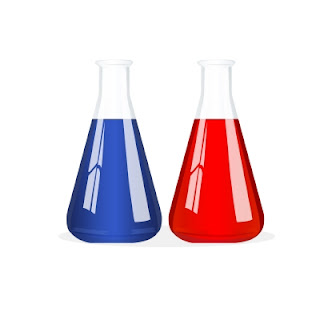High uric acid levels/gout: the effects on the kidneys, and do you need to treat it?

Uric acid is a substance found in the blood. It gets there when "purines" which are one of the building blocks of your DNA, are broken down. This is normal cell metabolism, and hence it is ok to see some amount of uric acid in the blood. However certain disease conditions, foods, and medications can also raise blood uric acid levels to abnormal levels. High uric acid levels, or "hyperuricemia", may lead to "gout/gouty arthritis", but these terms are not interchangeable.





